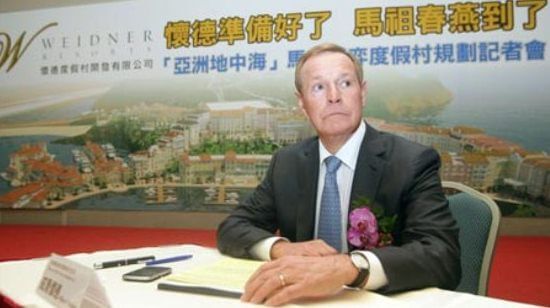The Taiwanese government might reject a legislation that allows casino resort construction on the Matsu Islands. Political reasons from mainland China are behind this decision, which slows down casino project development in Matsu.
The Matsu archipelago, which belongs to Taiwan and is located near the Fujian province in mainland China, is considered by the casino whale William Weidner to be the ideal location for a casino resort project. The venture would stimulate Chinese residents, especially from Fujian, to travel and gamble overseas on the Matsu Islands.
Weidner, in an effort to boost the tourism, has even negotiated with a Hong Kong cruising ship company to take over the Fujian-Matsu route and facilitate Chinese mainland tourist to travel to the soon-to-be-built Weidner Matsu casino resort.
Due to the growing Chinese gambling addiction, the Chinese Government issued this week a legislation that bans gambling among mainland residents and also forbids the issuing of visas for gambling purposes.
The resolution would slow down the tourism rate and the cooperation process between neighboring Fujian province and the Matsu Islands.
Since the Weidner casino resort project includes a five-star hotel, a vacation consortium with sports fields and a small gambling location that barely covers 5% of the whole floor area, legally speaking, it can be considered as a resort instead of a gambling venue.
The Weidner project will be discussed by Taiwanese authorities; however, no deadline has been set so far.
The political and financial situation between Taiwan and China has been unstable for many years and has now put Weidner and other casino investors in a difficult position.
Chen Hsueh-Sheng, a Matsu legislator, said that mainland authorities had agreed to lift the ban and allow transportation as well as visa issuing for Fujian residents traveling to the Matsu Islands. Still, China has not issued any official press release on this matter.

